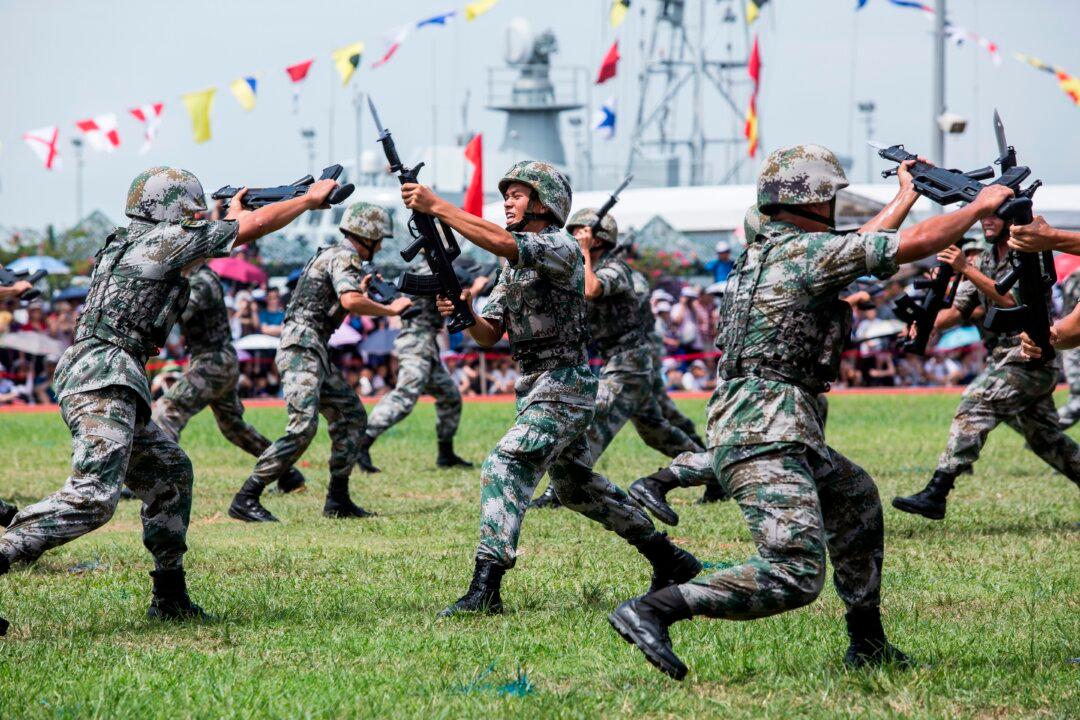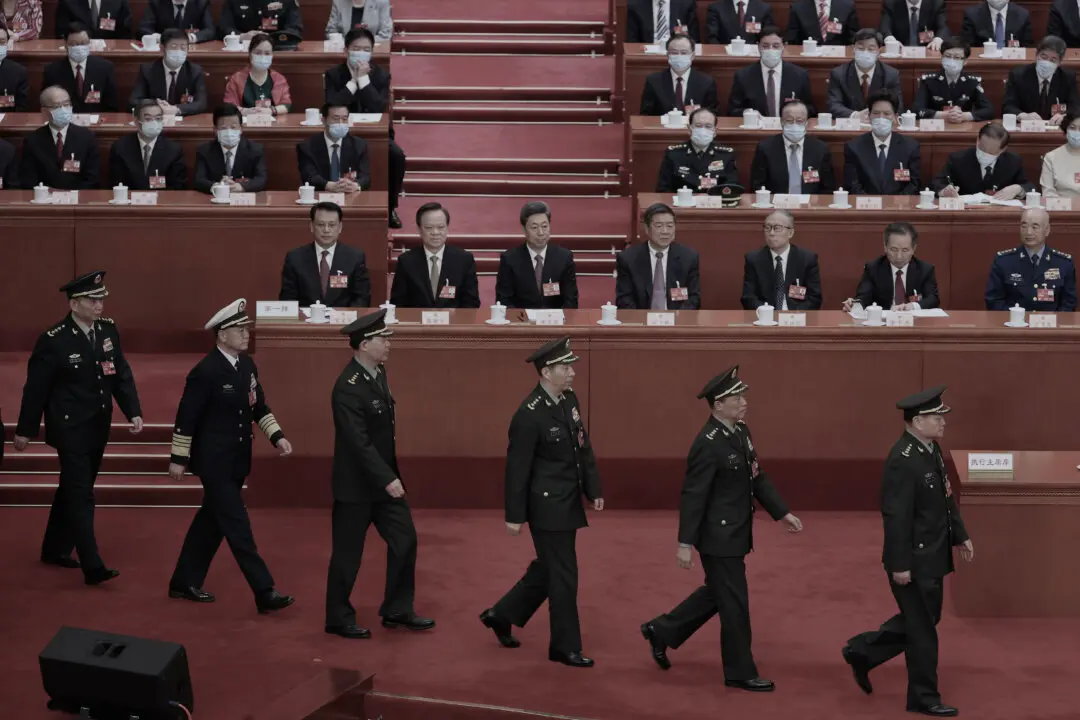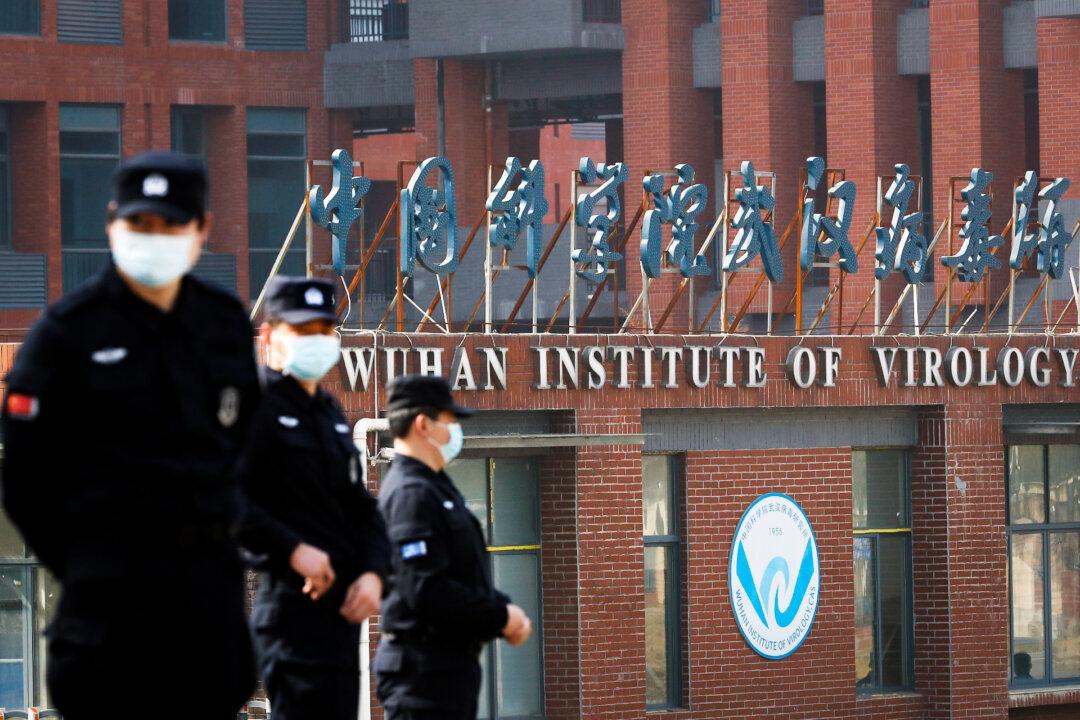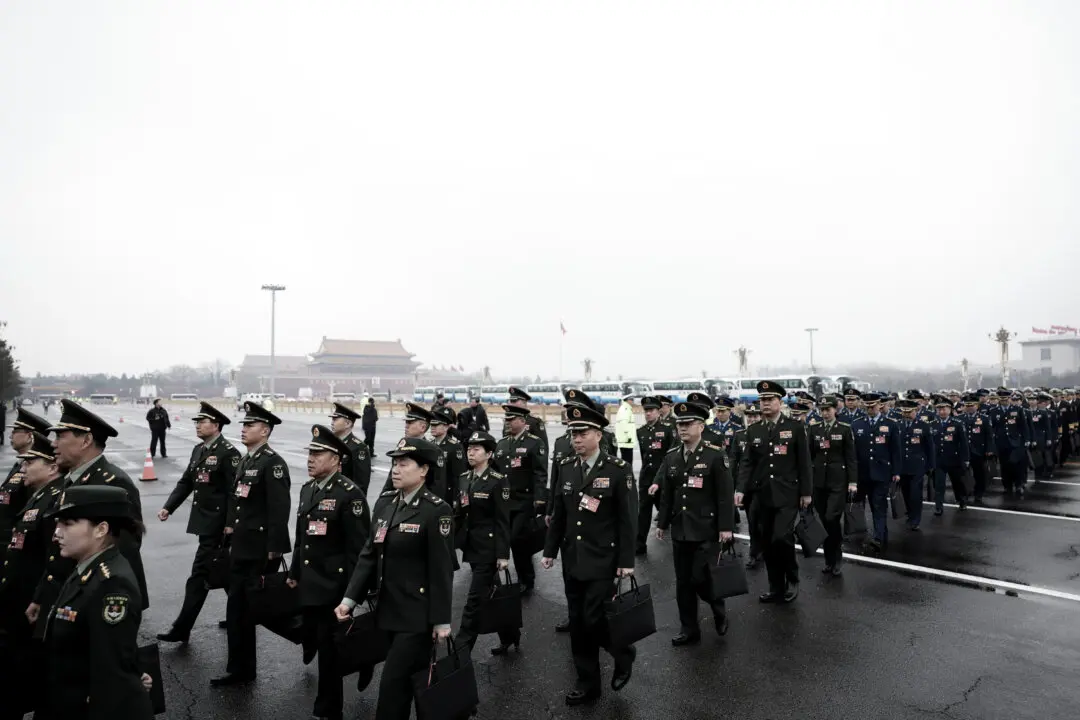A top U.S. intelligence official recently confirmed that the Chinese regime is seeking to develop “super soldiers” through the use of biotechnology, which research papers published by China’s military show that the regime has been researching for years.
Director of National Intelligence (DNI) John Ratcliffe wrote in an op-ed, titled “China is National Security Threat No. 1” and published in The Wall Street Journal on Dec. 3, that U.S. intelligence has ascertained China has “conducted human testing on members of the People’s Liberation Army in hope of developing soldiers with biologically enhanced capabilities.” The People’s Liberation Army is the official name of China’s military.




